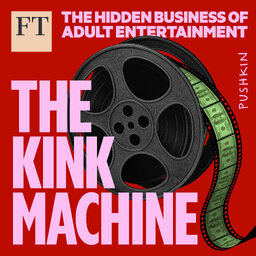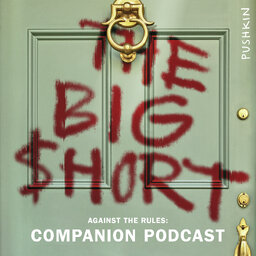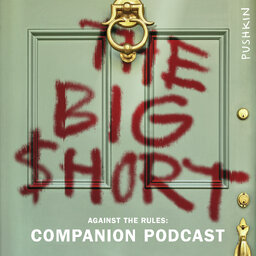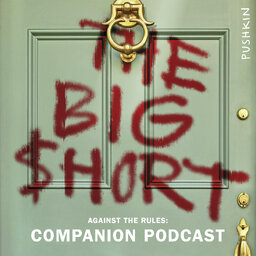Judges now want us to know they’re human. But maybe we’d be better off if we didn’t know.
Learn more about your ad-choices at https://www.iheartpodcastnetwork.com
In 1 playlist(s)
Against the Rules: The Big Short Companion
Michael Lewis’s best-selling book The Big Short is now 15 years old. The Oscar-winning movie based o…Social links
Follow podcast
Recent clips

From The Kink Machine: The Hidden Business of Pleasure
31:30

Live with Nicolle Wallace
43:53

Michael Burry Speaks
39:43
 Against the Rules: The Big Short Companion
Against the Rules: The Big Short Companion